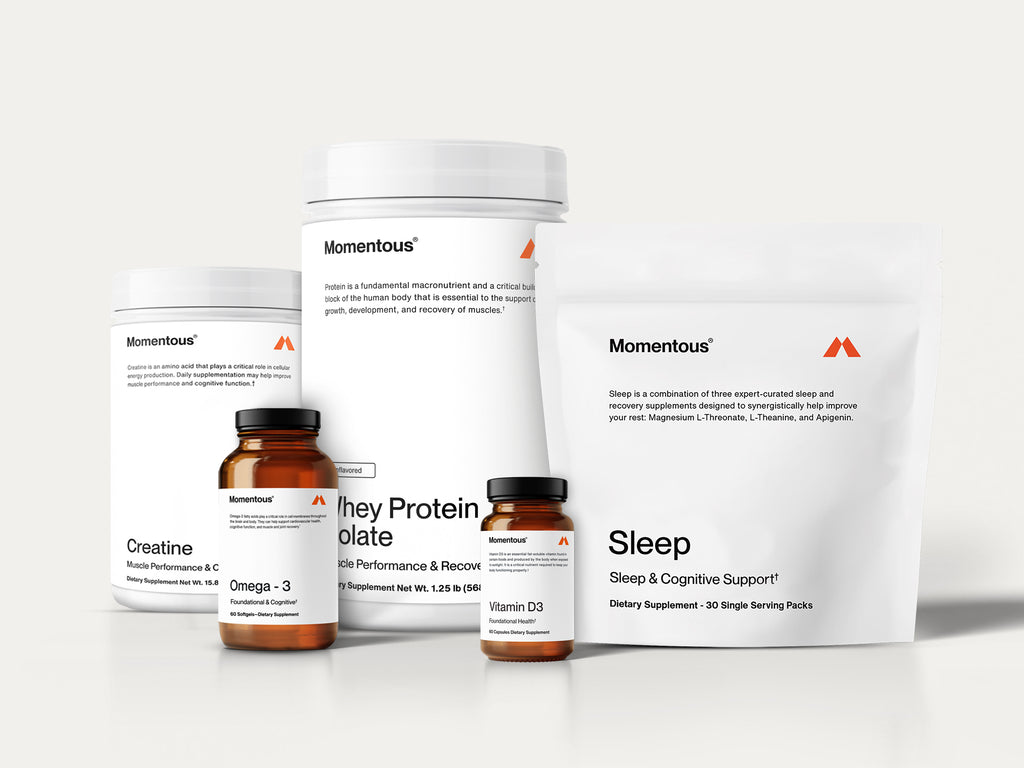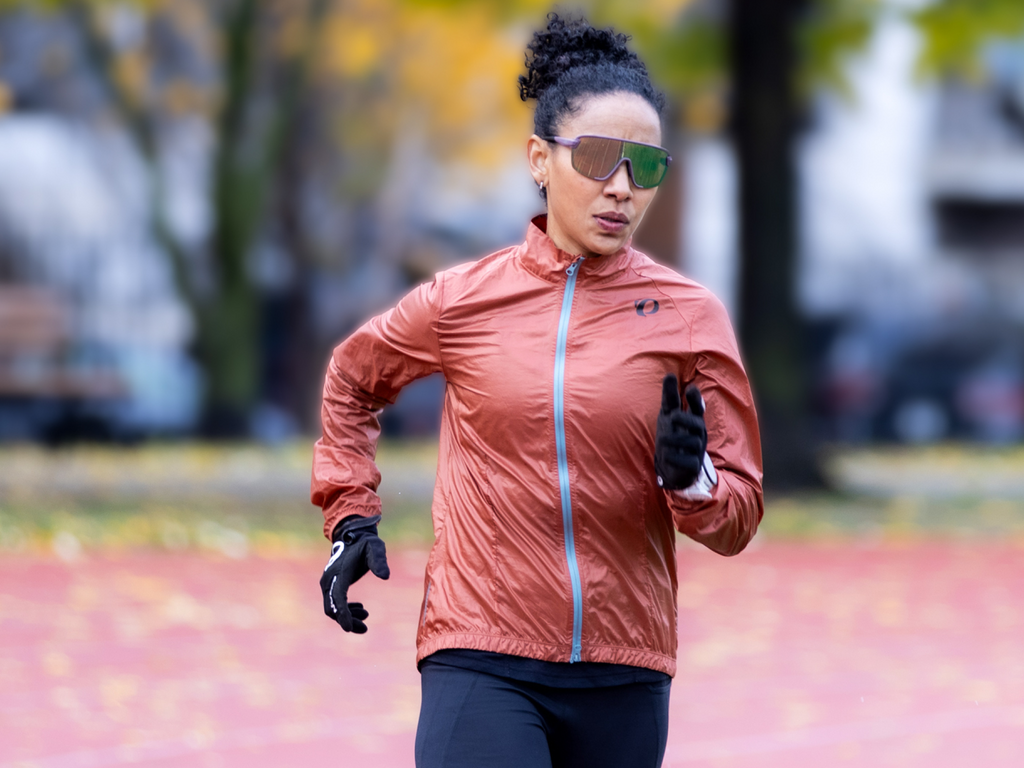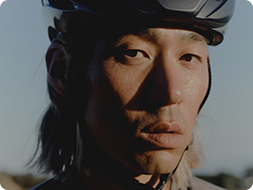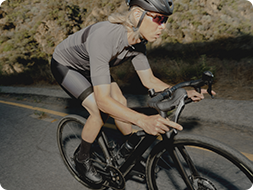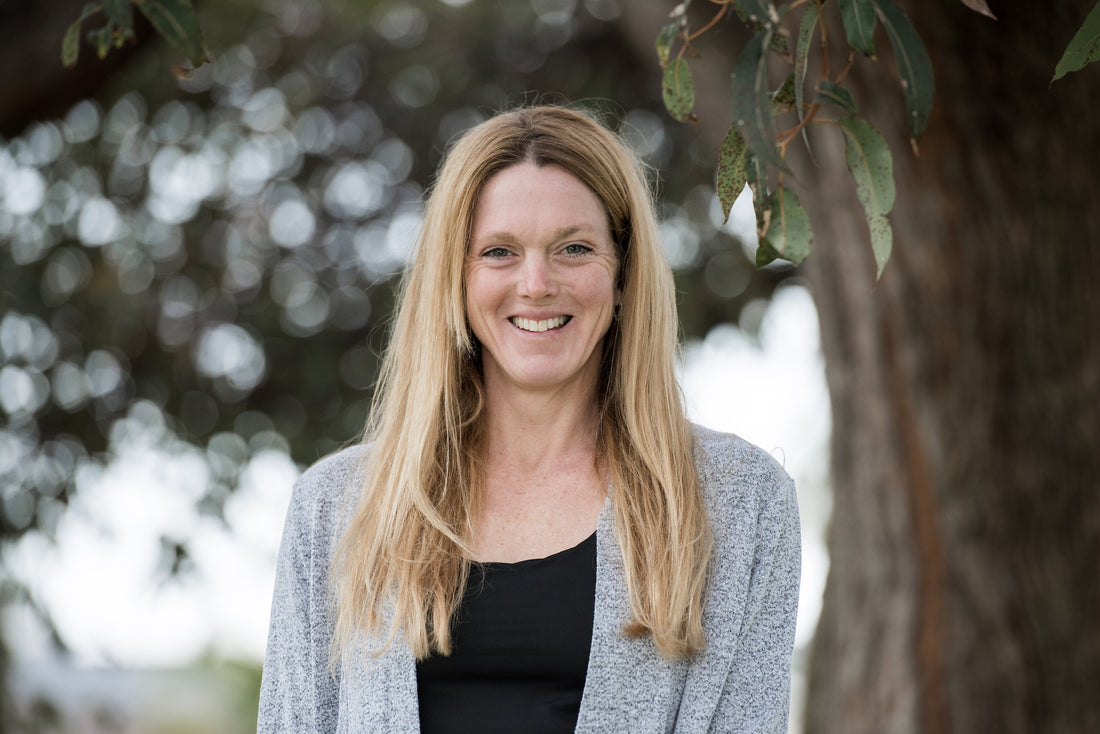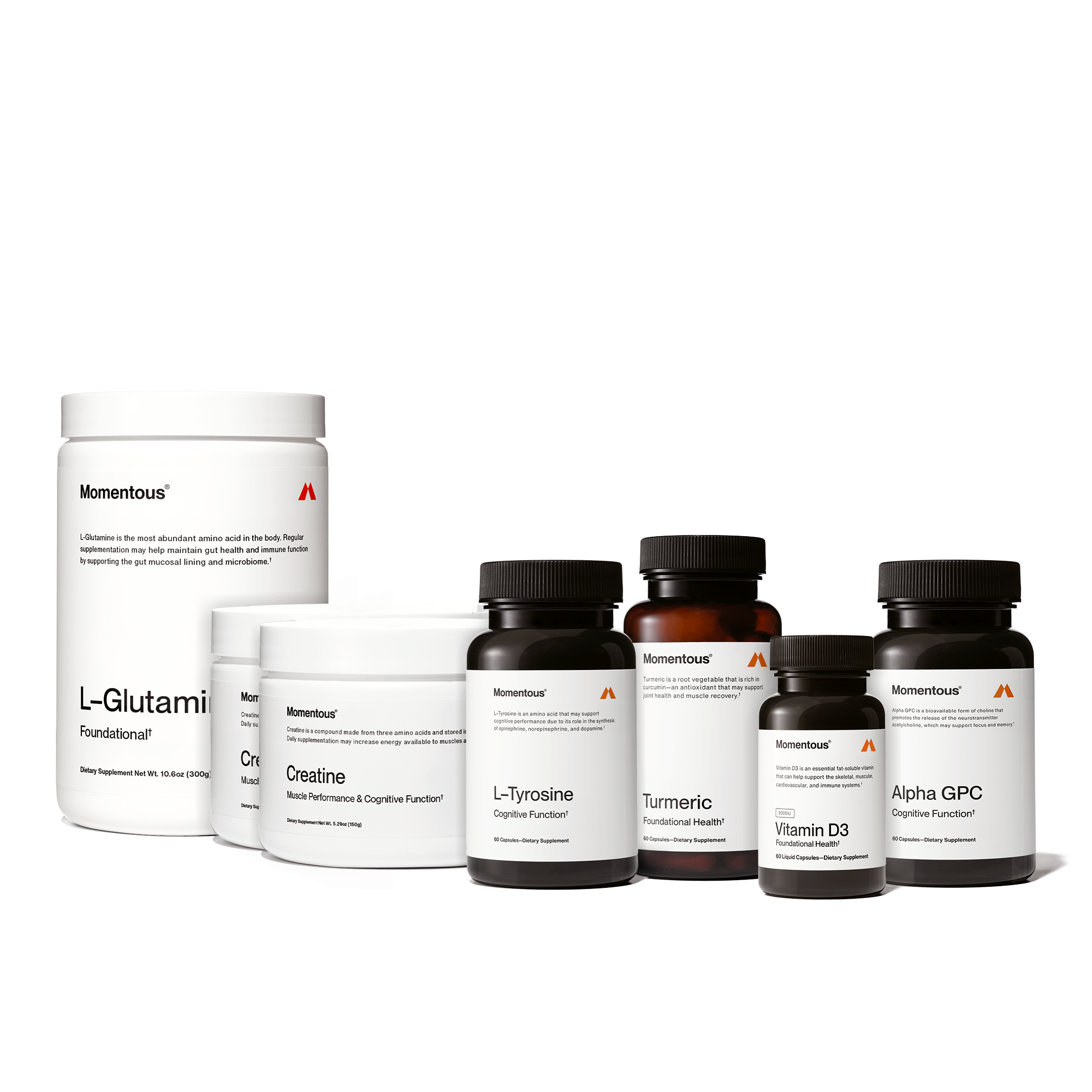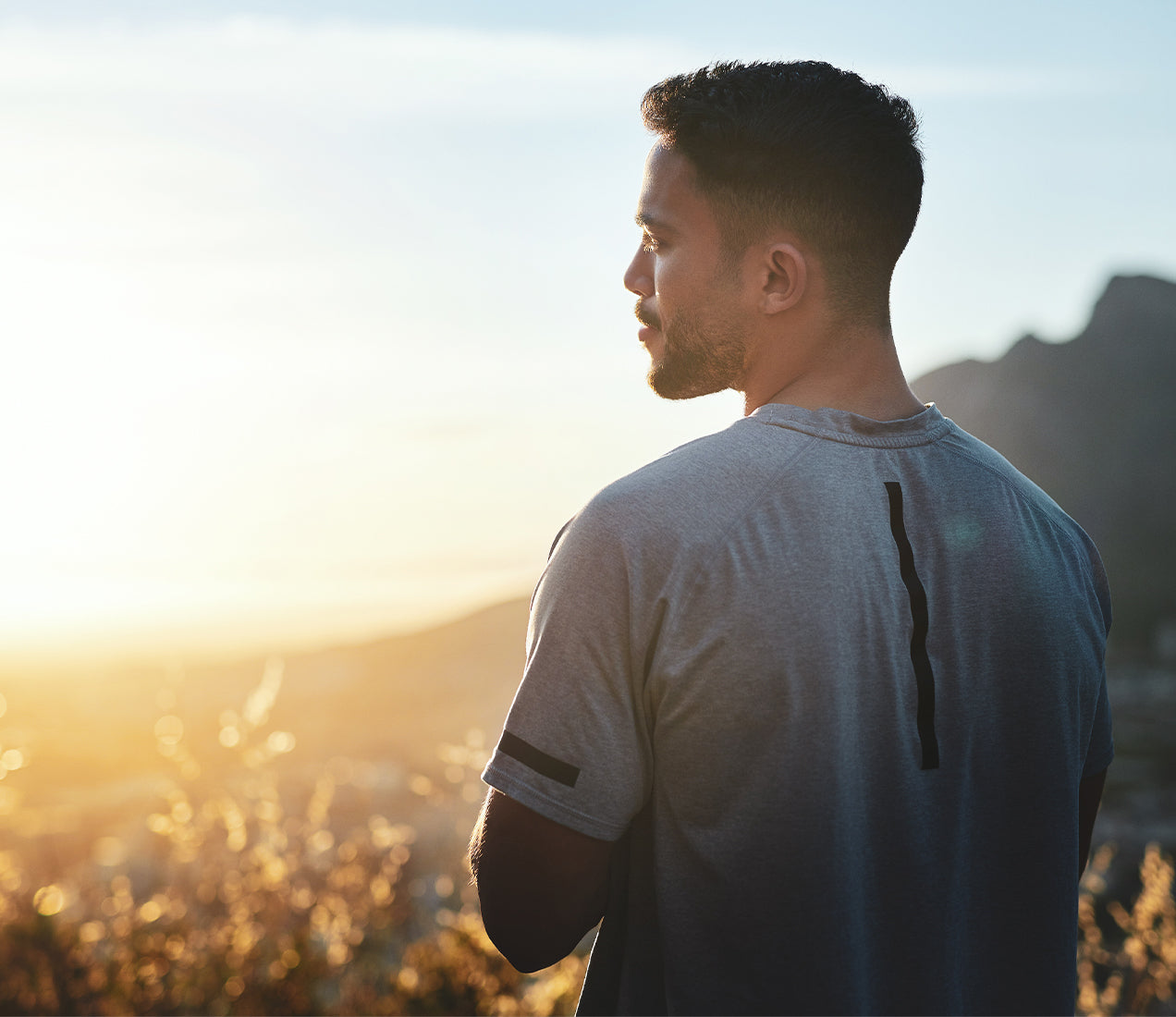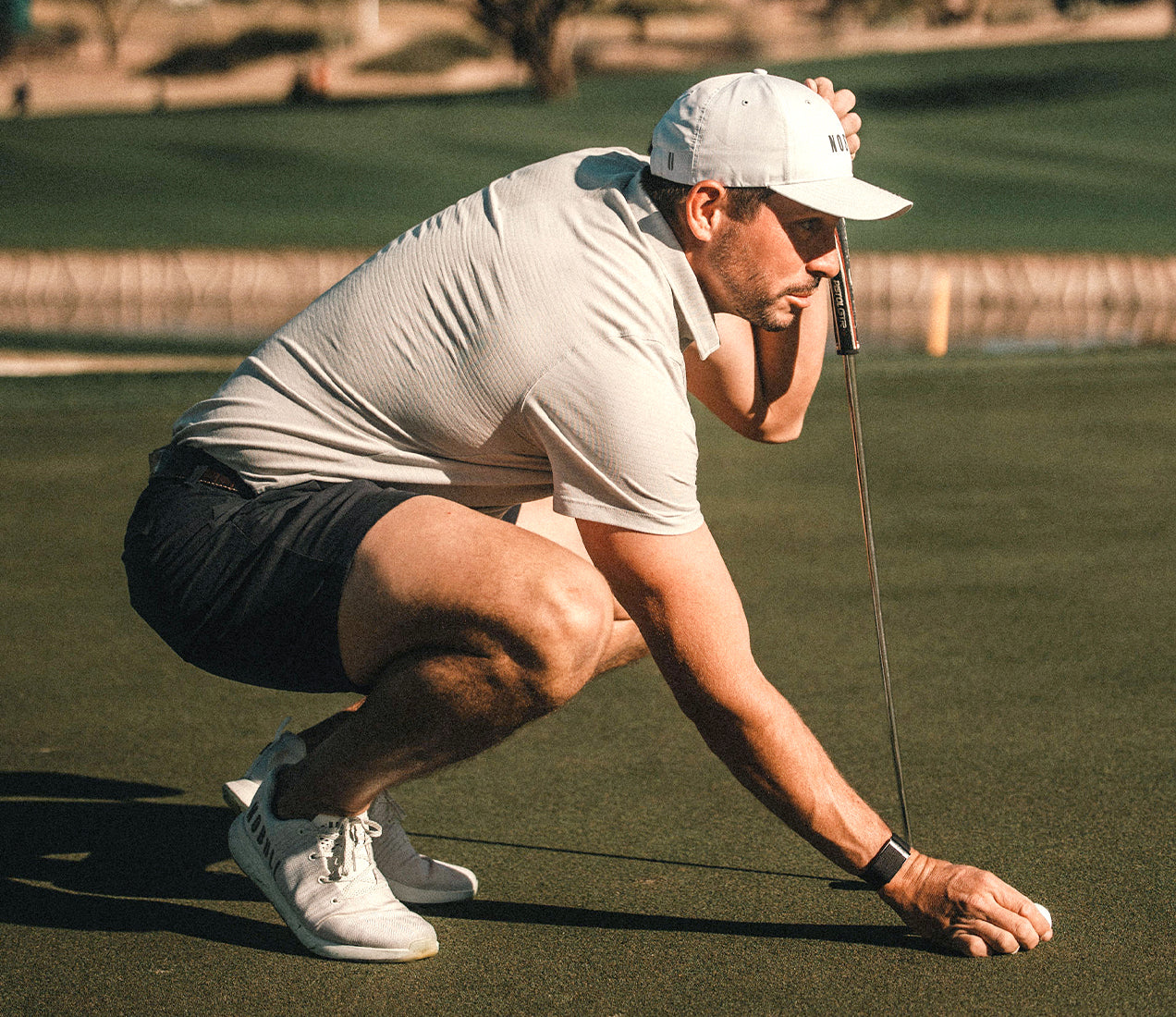Athletic Performance, Cognitive Function, Joint Health, Muscle Recovery
Cognitive Function, Foundational Health
Muscle Performance, Cognitive Function, Foundational Health
Joint Health, Bone Health, Muscle Performance, Cognitive Function, Foundational Health
Muscle Performance, Cognitive Health, Foundational Health, Gut Health, Immune Support
We are excited to announce our partnership with Dr. Stacy Sims, thought leader and pioneer in the human performance field with a specific focus on women’s health, training, and nutrition. We sat down with Stacy to learn more about her areas of expertise, her mission, and her most popular recommendations and protocols. Here's our interview.
Tell us about you and what you specialize in.
I am Dr. Stacy Sims, and I trained as a Thermo Regulatory Physiologist in Environmental Exercise Physiology. During my training, I was looking at fluid balance in women versus men, which led me to examine the fact that there was limited science on women.
I became a passionate physiologist for women's health and the female athlete. That ended up being my specialty. As an athlete looking for the best protocols for myself and my teammates, and as a scientist trying to get answers specific for women and not finding them, it became my mission to be able to answer those questions. I wanted to find better research and do better research to support female athletes who work just as hard, if not harder, than many male colleagues. Yet they tend only partially to reach their performance potential. I'm out to emphasize getting science to change that.
I am passionate about women's health, women's potential, and empowering women, but not at the detriment of men. I'm not someone who's back lashing patriarchy. I am someone who looks at the historical references and says: ‘You know what? We can change. We can do better. We can move forward.’ And with that we need men involved in the conversation as well, and empowering women to ask ‘is this appropriate for where I am in my life phase? Is this appropriate for the sport that I'm doing? Is it appropriate for me as a woman?’"
What is your mission?
My mission is to help women better understand their bodies and elevate them in research, science, sport, and, ultimately life. And that is par for the course. It is important as a woman and going through so many times in my life where I've been asked 'Why do you want to study women? We don't know enough about men; It doesn't matter. Women are the same as men.' And we sit back and look, and we know that sex differences from birth affect how we fuel our bodies, how we recover, how we perform in sport, and how we sleep.
"That's another part of the mission: to empower women and the men who support them, as well as the media around it. We need to change the narrative from a continuous negative slant to a positive one. It doesn't matter where a woman is in her life; I want them to say: 'Yep, I own this, and I'm proud of it.'"
I know I'll never be successful in changing the world, but that's what keeps me going.
What are some of the most important protocols you teach on a daily basis?
I teach people to think critically and examine where the information comes from. I want to teach people to think through things like diet trends; was it for women or for a clinical population, and then generalized to the health and fitness population?
This work is something that so many people forget. It is essential to learn how to think critically, ask questions and take it upon themselves to empower themselves and take ownership of what they want for their bodies, their physiology, and their outcomes.
What are some of the biggest myths that people believe in when it comes to female nutrition and performance?
That women are the same as men, and there is no difference. When we look right down to it, we look at carbohydrate usage in exercise, and we know that women's bodies fuel differently than men's, regardless of hormone perturbations. Then when you start adding in estrogen and progesterone and how this changes fueling needs and recovery, but that's not talked about, It's just kind of washed over. We also know that if we look at the menstrual cycle and how hormones can affect our sleep, recovery, blood sugar, and nutritional needs, we start to look at how we can leverage that to get a better adaptive stress.
What is the biggest challenge to overcome in your field?
My biggest challenge to overcome in the field has been and always will be the male lens through research and the male lens of dissemination. Some loud voices in the sports science space keep muddling the information and talking about how there's no evidence for change for women when we know that there is. So it's always an uphill battle to get people to understand that if you look outside of sports science, you go outside of nutrition; almost everything else is gender segregated.
So it's working on the politics and working on the narrative, and working on the cultural aspect of what it means to be a woman in the sports science or sports world. Not necessarily as a researcher but as an athlete, a coach, and a supportive allied health provider.
What are some of the most important protocols you recommended to females and female athletes?
The big rock I tell women is to understand their hormone profile and how that affects them—tracking natural menstrual cycle, tracking hormone contraceptive, IUD, if they're using menopause hormone therapy, if they're perimenopause. Understanding how training and sleep, and recovery change across the phases. When you can understand how your own body is reacting, then you can look and see objectively there are patterns. You can start to say, 'Hey, you know what, On day 23, I always feel flat, so it's probably not a good idea to do intervals on that day.'
And remember that training is different than performance because many variables go into performance on the day that supersedes any hormonal flux. If we see hormonal flux that affects you, we have time to put nutritional interventions into play to level the playing field.
What are you most excited about with your partnership with Momentous?
Gosh, there are so many things that we can do specific to the female space. We will look at new protocols and new product development, of course, because there are unique needs across a woman's lifespan, and I think that still needs to be tapped into. Especially when you're looking at the peri and post-menopausal life phases. The body is under significant systemic stress and inflammation; you're looking at body composition change, bone mineral density loss, neurotransmitter changes, and brain changes. There's so much to be able to provide there.
We also look at younger girls who are just getting into sport and looking at what other people are using in the hierarchy of sports and players, making sure that we have things dialed in for the younger set, too, whether it be naturally cycling or on an oral contraceptive pill or on an IUD because each hormone profile produces a different reaction within the body from oxidative stress to inflammation, to muscle protein synthesis.
I think the biggest thing is the education piece. A lot of people just take rote for what's written and I really want to push the education and really challenge the dogma so that fads aren't taken up over the science aspect. True and true, I am a scientist and I want that to be the ability to push things forward and see how we can take over this space and really put a mark on this space so that when someone looks at female athletes, they go “Momentous” because that's the goal I have for this partnership. To be the loudest and the most accurate and the most trusted voice in the sports supplement space.
